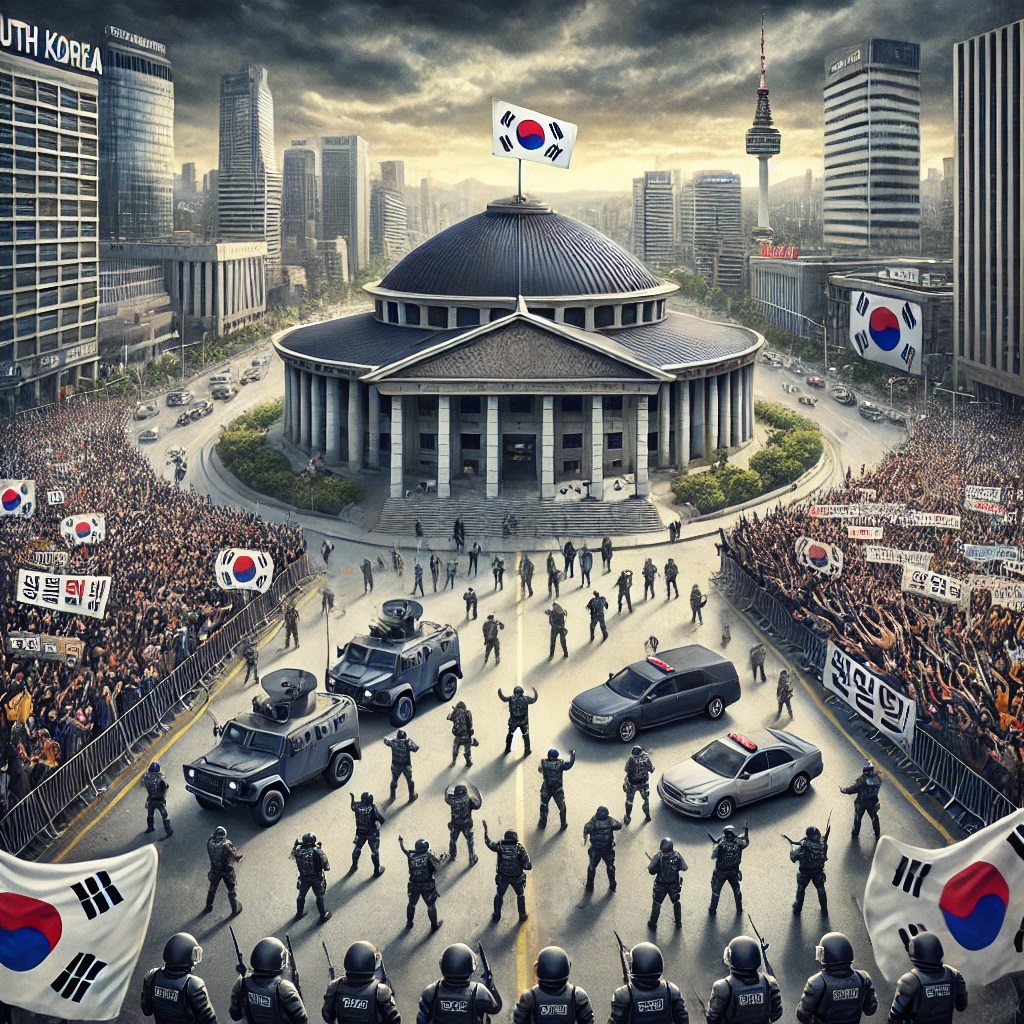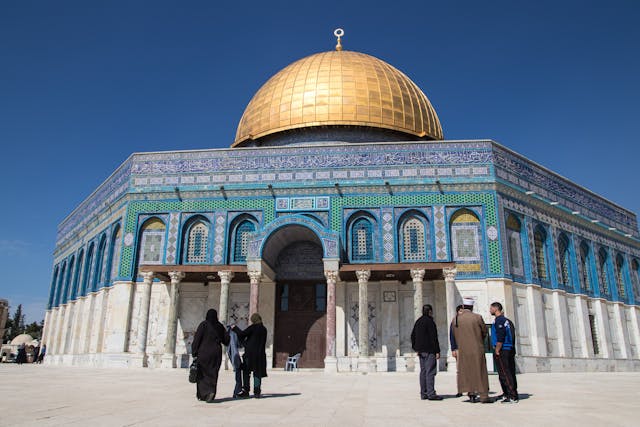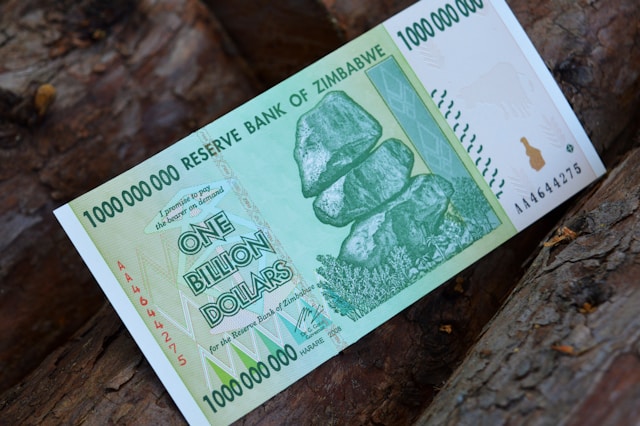South Korea’s Political Turmoil: A Nation at Crossroads
South Korea, renowned for its thriving economy, technological innovations, and dynamic culture, now finds itself embroiled in one of the most contentious political crises of recent times. This article dives deep into the unfolding political drama, its roots, implications, and potential consequences for the nation and the world.
A Sudden Declaration of Martial Law
On December 3, 2024, South Korean President Yoon Suk Yeol shocked the nation by announcing a state of martial law. The justification? Alleged collusion between opposition parties and North Korea, coupled with accusations of legislative sabotage. This unprecedented move has cast a shadow over South Korea’s democratic fabric, leaving citizens and political observers worldwide grappling with questions.
Rising Tensions
South Korea’s democracy, while robust, has been increasingly marred by partisan divides. The opposition-controlled legislature and President Yoon’s administration have clashed over key issues such as budget approval, anti-corruption measures, and foreign policy. The allegations against President Yoon and his administration, including charges of corruption and misuse of power, have further strained trust.
The opposition, led by the Korea Democratic Party, accuses the president of weaponizing his authority to silence critics. Meanwhile, Yoon’s government argues it is acting to preserve national security and stability amidst growing threats from North Korea. The divide has culminated in a gridlocked parliament and heightened public unrest.
Martial Law and Its Fallout
Martial law, a rarely invoked measure in South Korea’s democratic history, has sparked widespread protests and condemnation. President Yoon’s announcement, laced with accusations of “anti-state activities” by the opposition, has been met with fierce resistance. Opposition leader Lee Jae-myung described the move as an attempt to usher in authoritarian rule, even as pro-government forces emphasize the need for security and order.
Police and military forces have been deployed to enforce curfews and prevent demonstrations. Images of lawmakers scaling walls to access the National Assembly, clashes between protesters and authorities, and tanks stationed in city centers evoke a nation in turmoil.
International and Domestic Reactions
South Korea’s allies, including the United States, have expressed concern over the implications of martial law on democracy. Domestically, citizens are divided. While some fear a return to the authoritarian past, others support the government’s stance on safeguarding stability. The role of North Korea in fueling the crisis remains murky, adding another layer of complexity to an already volatile situation.
Economic repercussions are already being felt, with investor confidence dipping and businesses bracing for the fallout. South Korea’s hard-won reputation as a stable democracy is now under scrutiny.
Looking Ahead: Possible Outcomes
- Restoration of Democracy: Opposition forces could successfully overturn martial law through constitutional channels, restoring normalcy but not without deep scars on the political landscape.
- Prolonged Crisis: Protests and political stalemates could prolong the crisis, straining South Korea’s institutions and economy.
- Authoritarian Shift: If unchecked, the crisis could pave the way for a stronger executive branch, potentially eroding democratic norms.
Conclusion: A Nation’s Test of Resilience
As South Korea navigates this critical juncture, its future hinges on the actions of its leaders and the resolve of its citizens. The world watches with bated breath, not just because of South Korea’s strategic importance, but because its crisis is a stark reminder of the fragility of democracy.










